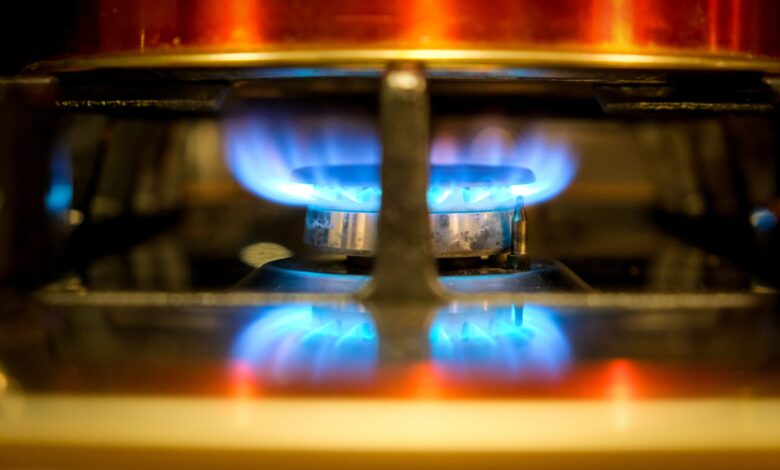
What Uses Gas in a House?
An In-Detail Summary
Introduction
An adaptable and widely used energy source is natural gas. It has advantages and disadvantages, therefore, we need to understand how it impacts our daily lives and surroundings.
Uses of Natural Gas in Homes
- Cooking: Since gas stoves provide precise temperature control, they are commonly used in cooking.
- Water Heating: Natural gas water heaters are cost-effective and efficient.
- Cooling: While most air conditioners run on electricity, natural gas-powered ACs exist.
- Fireplaces: Warmth and ambience are provided by gas fireplaces.
- Clothes Dryers: Gas dryers save energy compared to electric ones.
Benefits of Natural Gas
- Cleaner Fuel: Compared to coal or oil, natural gas produces fewer emissions of carbon dioxide.
- Abundance: It is accessible and quite plentiful.
- Storage and Transfer: It is accessible and quite plentiful.
- Safety: It is lighter than air and evaporates rather than bursting.
- Instant Energy: Provides instant heat without pre-heating.
Disadvantages of Natural Gas
- Climate Impact: Still contributes to climate change due to CO₂ and methane emissions.
- Methane Leaks: Transporting natural gas can result in potent methane leaks.
- Non-Renewable: It is a finite resource.
- Pollution: Releases pollutants like carbon monoxide and nitrogen oxides.
- Toxicity and Inflammability: This requires careful handling.
Conclusion
While natural gas is still an important component of our energy mix, it is important to weigh its advantages against environmental concerns. As technology develops, we need to look into greener options while utilizing natural gas’s benefits.




